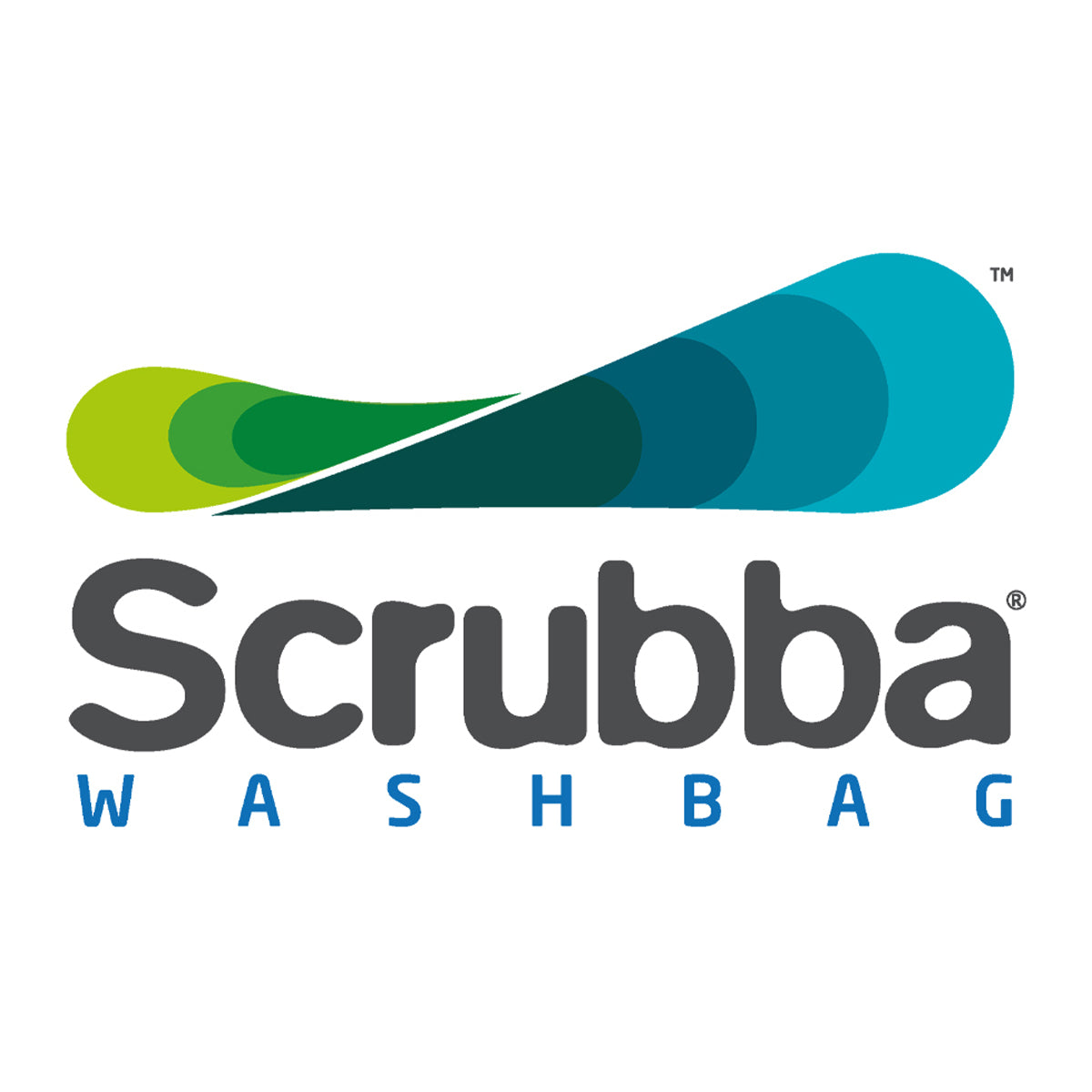Our Commitments
Environmental & Social Responsibility
In addition to making innovative products to make your journey easier, Scrubba by Calibre8 is committed to responsible environmental and social practices.

Since 2022 we have been measuring our emissions, offsetting our entire footprint by investing in climate change solutions and developing plans to reduce our emissions moving forward.

Since 2022 we have partnered with 1% for the Planet, committing to donating 1% of our total revenue each year to environmental causes.
Personal carbon/water saving
By using minimal water and no electricity, each Scrubba wash bag saves travellers an average of 1000 litres of water and 7.5kg of carbon each year. By using your Scrubba wash bag you are minimising your travel footprint.

What else is Scrubba by Calibre8 doing for the environment?
Long-lasting design - Scrubba wash bags are made from high quality nylon with a polyether TPU coating, making them lightweight but incredibly durable. All seams are high frequency welded to provide a permanent bond. The Scrubba wash bag is built to last.
Minimal footprint options - We developed the Scrubba wash bag Untouched for customers looking for the smallest production footprint. The Scrubba wash bag Untouched uses recycled polyester and is undyed and unbleached.
Reusability and recyclability - We keep packaging to a minimum and use readily recyclable cardboard. For Australian orders, we have an option for no packaging, with the product shipped in a recyclable envelope. In the unlikely event of a backer puncturing their Scrubba wash bag, we have repair patches that we can send to get their bag working again and prevent landfill.
Sustainable materials - We use TPU in place of PVC, which has a much lower impact on the environment. Omitting dyes and bleaches from production of the fabric further lowers the environmental impact by reducing waste water and electricity usage.
Upcycling - We up-cycle the offcuts of fabric during production and turn them into lightweight, sweat resistant travel and sports wallets.
If you have any questions or would like to find out more about our commitment to a cleaner future please do hesitate to get in contact at into@thescrubba.com
